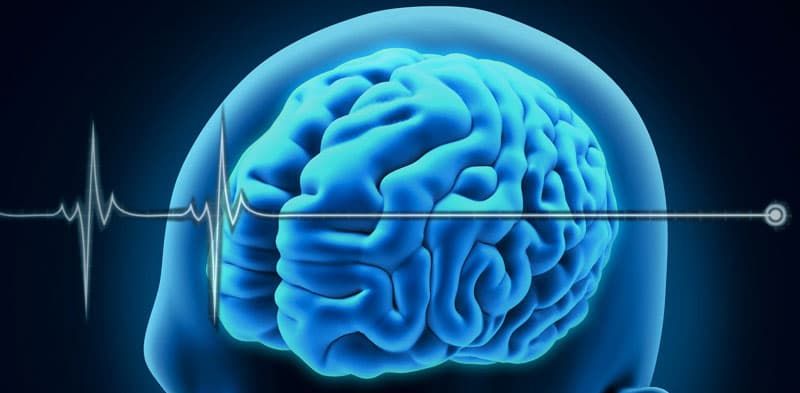Understanding Brain Death
What is brain death? Brain death is the complete and irreversible loss of all brain function. It can be a confusing medical term. Here we've provided more insight into the diagnosis.
When a loved one dies, the events that follow can be overwhelming. In trying to understand all the details of what happened, families may not understand everything right away. Some medical terms, such a brain death, can be confusing.
Brain death is the complete and irreversible loss of all brain function. Blood and the oxygen it carries no longer flow to the brain. Without blood and oxygen, the brain dies quickly and the person can no longer think, feel or breathe. There is no chance of recovery. The patient is clinically and legally dead.
Most deceased organ donations occur after the patient is declared brain dead.
What are the causes of brain death?
Brain death is most commonly caused by traumatic brain injury, a stroke due to an aneurism, or lack of oxygen to the brain for an extended period of time. Brain tumors and high blood pressure can also lead to brain death.
How is brain death determined?
Physicians examining the patient will conduct a series of neurological tests to determine if there is any brain function. This includes checking for brain stem reflexes and seeing if the patient’s heartbeat and breathing can only be maintained using a ventilator. If there is no brain activity, the patient is declared dead.
The physicians may let family members watch as they perform some of these tests, because the tests visually demonstrate that even if a loved one looks alive, he or she is actually brain dead.
If my loved one is dead, why does the heart continue to beat?
The heart can beat independently of the brain for a period of time, as long as it has oxygen. Mechanical support provided by a ventilator can keep oxygen flowing to the heart and other organs until they are recovered for transplant.
A brain dead person being sustained on a ventilator can feel warm to the touch and may look “alive.” The heart is still beating and the ventilator pushes oxygen and air into the lungs making the person’s chest rise and fall. When this happens, families may hope that their loved one’s condition will improve. But brain death is irreversible — no improvement or recovery is possible.
Organ and Tissue Donation after Circulatory Death
When a person suffers a cardiac death, the heart stops beating. When the blood stops flowing, the vital organs quickly start to lose functioning and their ability to be transplanted declines as time passes. Learn more about donation after circulatory death.


